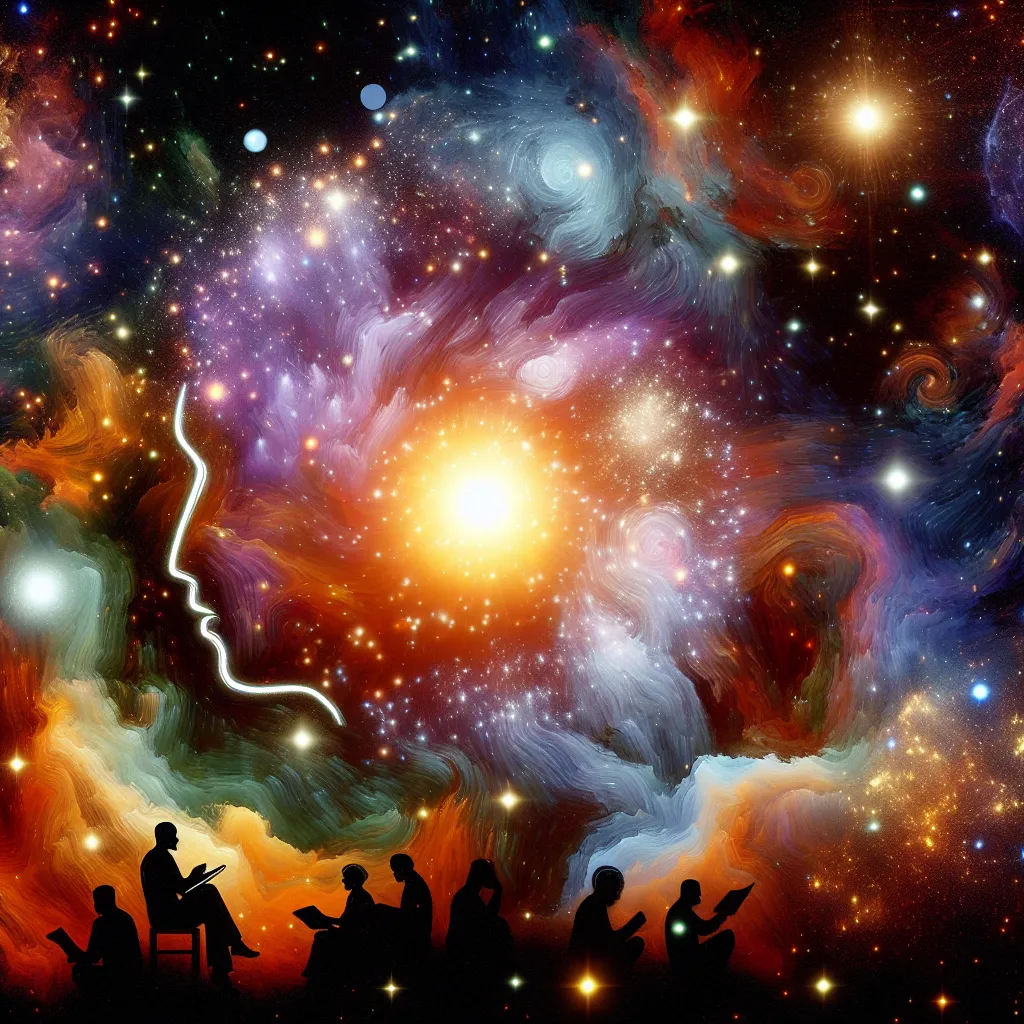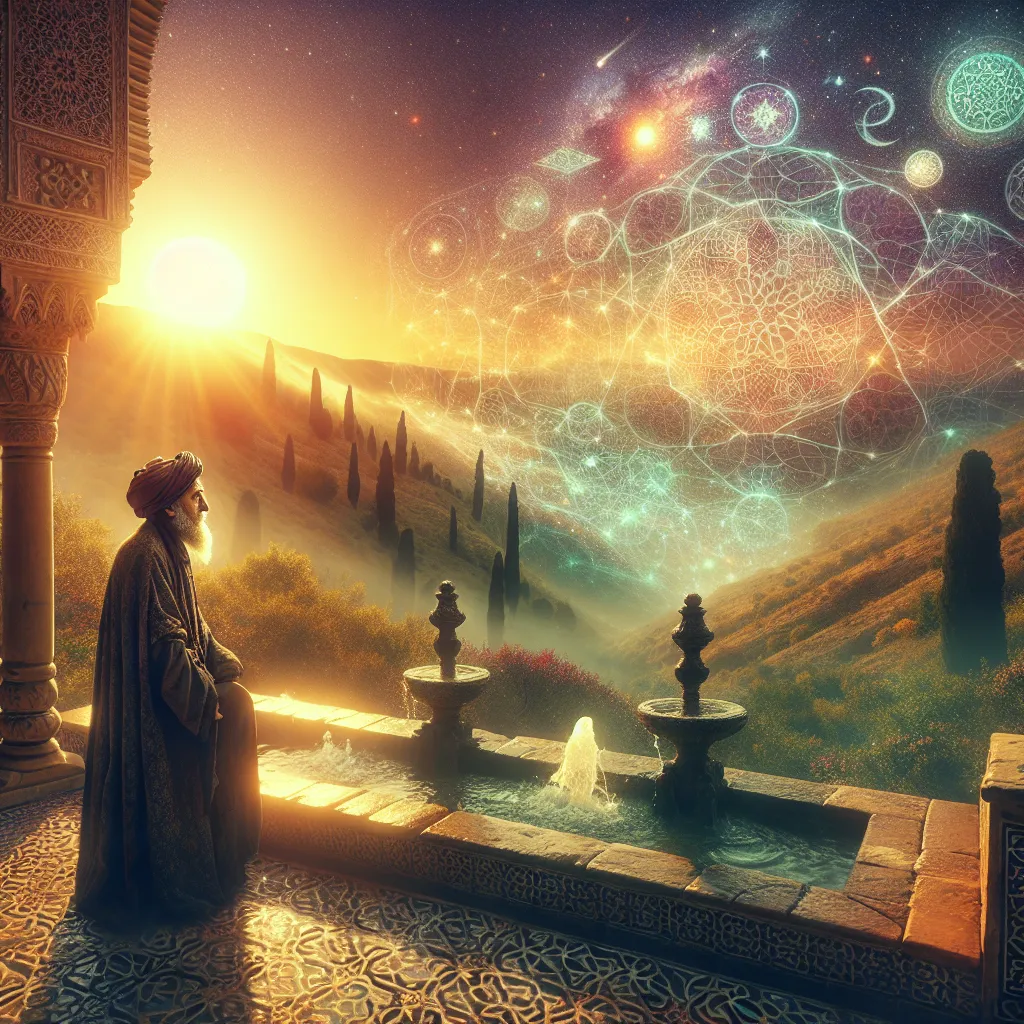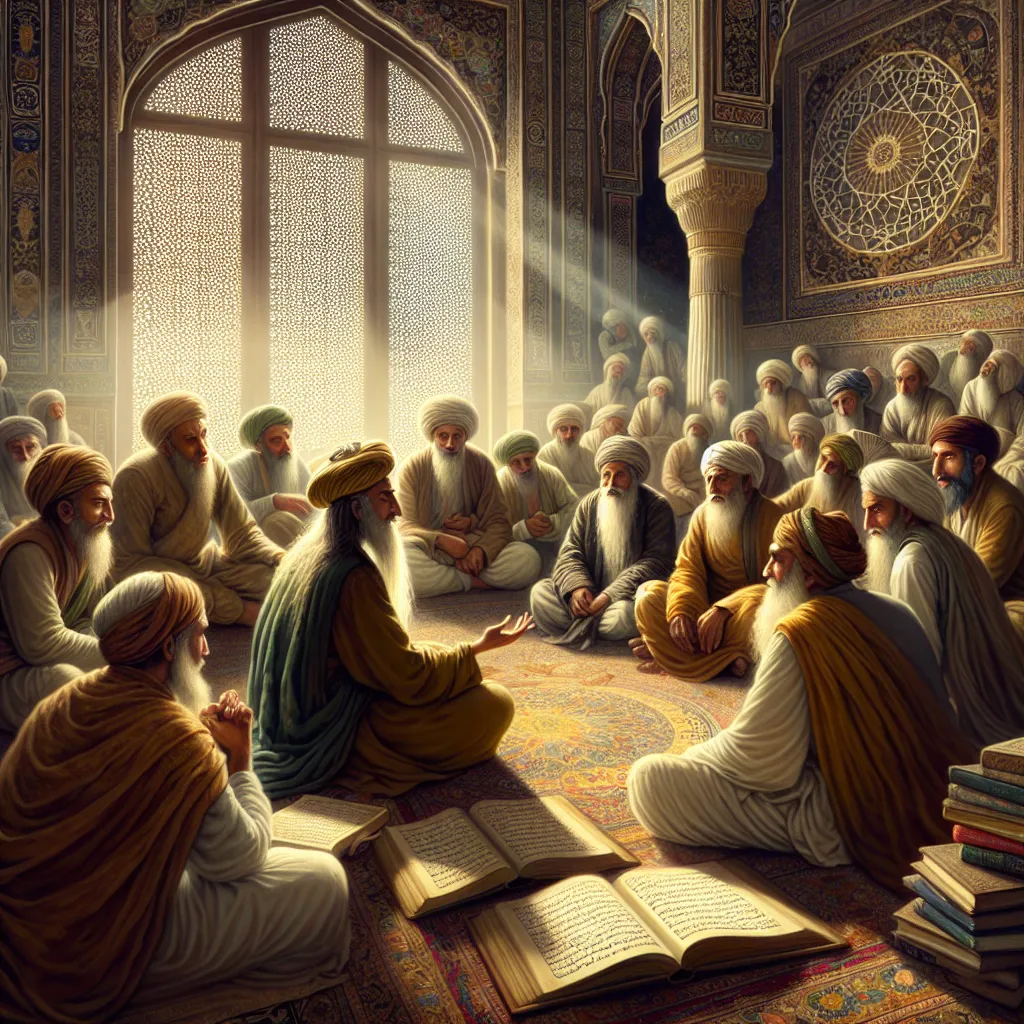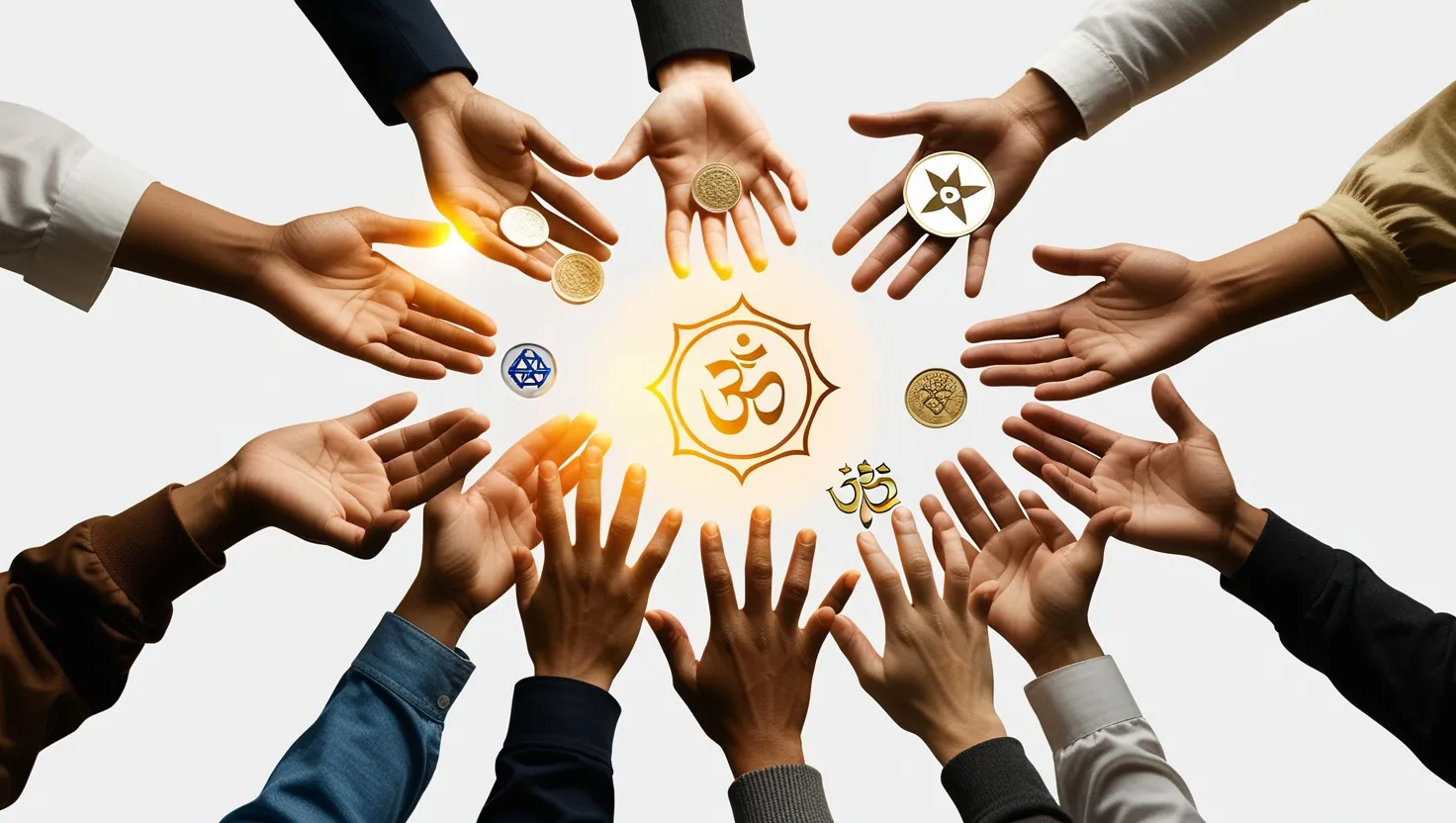When people talk about Western religions like Christianity and Islam, they often describe them as dry and boring philosophies where God is seen as a distant man in the sky, judging humanity. On the other hand, Eastern religions like Hinduism, Taoism, or Buddhism are often viewed as more spiritual and interesting, with a closer and non-dual relationship with God. This comparison, however, is pretty misleading and narrow-minded. It ignores the rich spiritual and mystical traditions within Western religions.
Take Sufism, often called Islamic mysticism. One of the most significant and impactful doctrines within Sufism is the concept of the “Unity of Being” or “Wahdat al-Wujud.” This philosophy suggests that there is only one true reality, which is God, and everything in creation is merely a manifestation of Him. This idea was controversial, with some Muslim scholars deeming it heretical, but it has played a colossal role in Islamic thought and Sufism.
The doctrine of the Unity of Being became prominent thanks to medieval Sufi thinkers like Ibn Arabi. According to this philosophy, God is not just a being; He is Being itself. This means there is no reality outside of God. So, if someone claims anything else exists independently of God, they are committing shirk (polytheism), which is a significant sin in Islam. Ibn Arabi’s followers extended this idea by saying creation itself is an illusion. It’s a reflection or manifestation of God, but not God in the ultimate sense.
Think of it like a white light passing through a prism and creating a spectrum of colors. The colors represent the world and creation, while the white light is God. The colors are not the same as the light, but they come from it. Similarly, we, as part of creation, are illusions of separation from God when, in fact, only God truly exists.
Some poets and writers, like Muhammad Shabistari, explored these ideas through beautiful metaphors. Shabistari’s poetry described the world as a reflection of God’s infinite attributes. In this view, everything in creation reveals some aspect of God, indirectly reflecting His qualities.
The unity of being shares striking similarities with other philosophies like Advaita Vedanta in Hinduism or certain Taoist ideas. But remember, there are differences too. For instance, in Islamic philosophy, each thing in the world has two aspects: its existence (which is God) and its essence (which is not God). While our existence is a reflection of God, our essence is finite and temporal, things that God is not.
Ibn Arabi also used a hadith where God says, “I was a hidden treasure and loved to be known, so I created the world so that I might be known.” This reflects the idea that creation allows God to be experienced indirectly. The universe is seen as a continuous unfolding of God’s self-manifestation.
Interestingly, the human being has a special place in this scheme. Humans are seen as microcosms of the macrocosm (the universe), reflecting God’s attributes in a contained form. In their most perfected form, humans become what is known as the “Perfect Man” (Insan Kamil), who fully realizes their role as a reflection of God.
Sufi poets like Fakhruddin Iraqi elaborated on this through the imagery of love, where humans and God are lovers longing for unity. In this sense, the human soul cleanses itself to reflect God more perfectly, ultimately realizing that the separation between lover and beloved was always just an illusion.
The ultimate aim in Sufism is self-knowledge, as knowing oneself is seen as the way to know God. This isn’t about uniting with God in a conventional sense but recognizing that there is only God, and our separate existence is an illusion.
While the concept of the Unity of Being has been divisive, with some scholars rejecting it and others embracing it, its influence on Islamic mysticism and spiritual thought is undeniable. It shows that profound spiritual and non-dual philosophies are not exclusive to Eastern traditions but also flourish in Western religious thought.
This doctrine’s rich tapestry will continue to be a subject of fascination, blending complex theology and the deeply personal quest for divine unity. If you found this intriguing, stay tuned for more explorations of such thoughts in future articles and videos.






